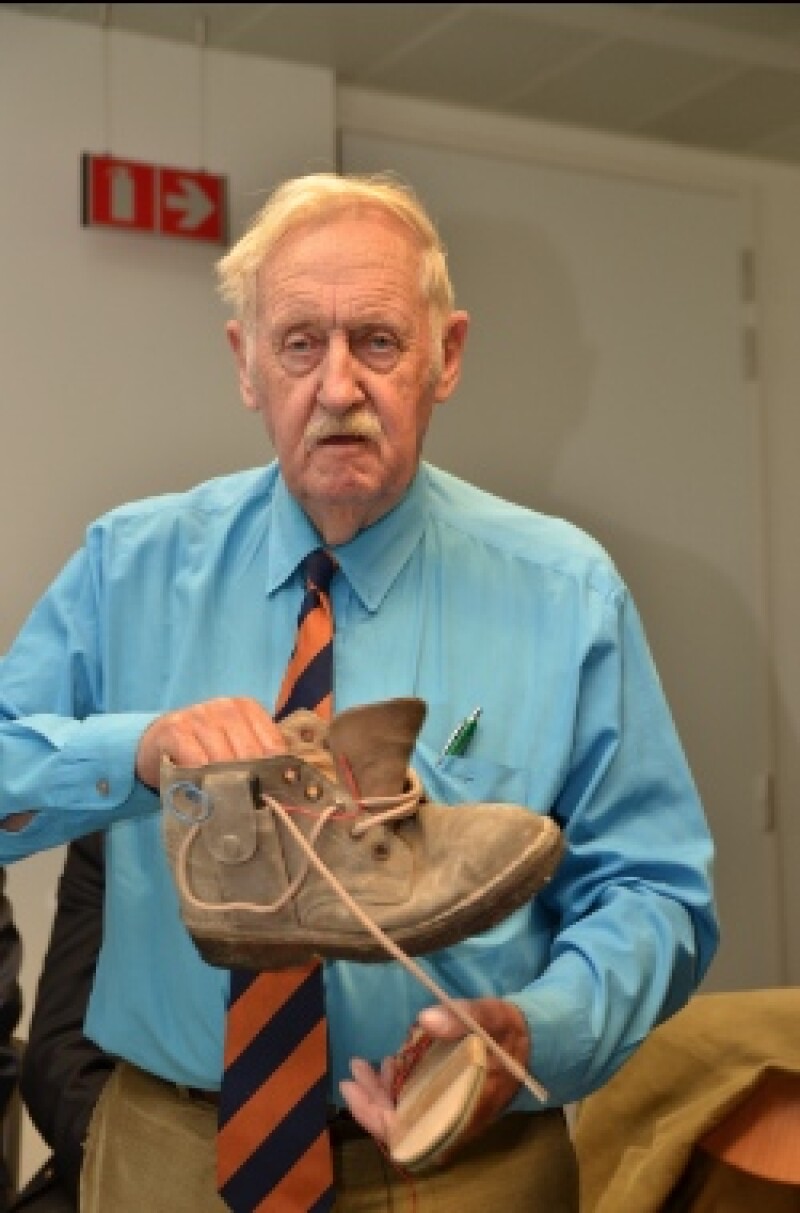Ron Zink of Microsoft and Ruud Peters of Philips told the audience how Ideas Matter will be different to other industry bodies.
"This will not be a lobbying group. It will not take positions," said Zink. "Rather, we want to counter the negative view of IP that comes from the stories that make it into the press – the multimillion-dollar patent litigation and debate over internet censorship. We need to show how well 99.8% of the system works and how much it benefits everyone."
Ideas Matter has 18 members so far, including Microsoft, NBC, SAP and INTA. It has no direct members from the pharma industry, but includes the International Chamber of Commerce's BASCAP initiative, which has pharma and consumer retail members.

OHIM, WIPO and the European Commission supported the launch. OHIM President António Campinos gave a speech in which he accused Pierre Delsaux, deputy director-general for internal markets at the Commission, of copyright infringement because their points on IP awareness were so similar.
"He clearly saw my speech earlier and copied bits of it," said Campinos.
WIPO Director General Francis Gurry sent a recorded message in which he said how important education was and how much he liked the name of the new group – something Campinos had also mentioned.
The key way in which Ideas Matter plans to educate people about the value of IP, at least to start with, is through telling the stories of inventors and small companies that benefit from it.
The power of this was amply demonstrated on the day by the contrast between the warm words of Gurry, Campinos and Delsaux and the real-life tales of two British inventors, Trevor Baylis (right) and Claude Lester.
Baylis is the inventor of the wind-up radio, among other things. He told the story of how he came up with the idea, including one point where he had to drop a prototype down a long coil hanging from a tree, in order to get the mechanism to revolve quickly enough.
"I remember my neighbour asked, 'how long can it run for Trev?' and I replied, 'how big a tree have you got?" he said.
Baylis also demonstrated a new invention: a circuit in the sole of a shoe that can convert the impact of steps into an electric charge that can recharge a mobile phone battery. The shoe featured a pocket in its side where the battery is stored.
Lester invented Verti-Gro, a system for growing flowers or vegetables on a series of ascending shelves, for use on balconies. Although she was unable to win a patent for the invention, it is protected by trade mark and design rights.
Philippe Lacoste, grandson of Henri Lacoste – the founder of the sportswear company – also talked about his grandfather's non-stop inventing. "For most of his life he was an inventor, not a tennis player," he said, pointing out that Henri had filed over 300 patents.
Videos of those and other inventors can be found on the stories section of the Ideas Matter website.
The group plans to commission its own independent studies of the value of IP in the future, something Campinos said was an absolute necessity. "Physics has discovered that most of the universe is made up of something we know little about: dark matter," he said. "Intellectual property is the European economy's dark matter. It's time we found out more about it."
Last week commmunications staff from WIPO, the USPTO, the JPO and the EPO explained what efforts they are making to inform debates about the value of IP at Managing IP's International Patent Forum.










